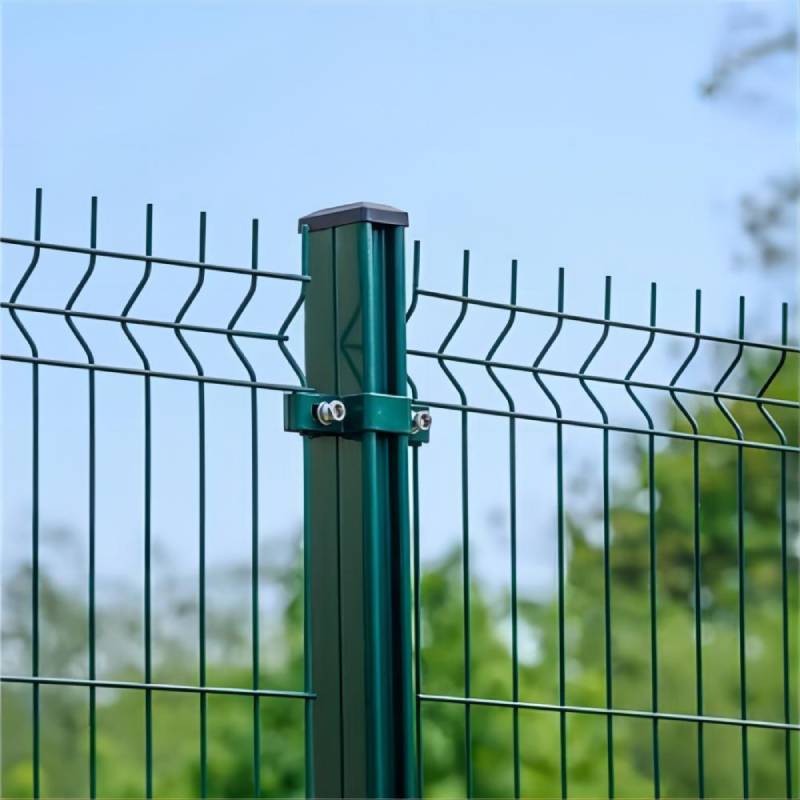steel mesh types
Understanding Steel Mesh Types A Comprehensive Guide
Steel mesh, widely used in construction and engineering, serves as a reinforcement material that adds strength and stability to various structures. With a plethora of options available, it is crucial to understand the types of steel mesh to select the most suitable one for specific applications. This article explores the common types of steel mesh and their applications, helping you make informed choices for your projects.
1. Welded Wire Mesh
Welded wire mesh, often made from low-carbon steel, is a popular choice in construction. It consists of intersecting wires that are welded together at each joint, creating a grid-like structure. This type of mesh is known for its high tensile strength and rigidity, making it ideal for applications like flooring, walls, and ceilings. Welded wire mesh is also used in agricultural settings for fencing and animal enclosures due to its durability.
2. Reinforcement Steel Mesh
Reinforcement steel mesh, or rebar mesh, is specifically designed to reinforce concrete structures. It enhances the structural integrity of slabs, beams, and walls by distributing loads evenly. Typically integrated into concrete during pouring, this mesh helps to prevent cracking and increases the load-bearing capacity of the final product. The mesh is available in various sizes and configurations, allowing engineers to tailor solutions according to project requirements.
Expanded metal mesh is created by cutting and stretching metal sheets to form a mesh pattern. This type of steel mesh is known for its lightweight yet sturdy characteristics. It provides excellent ventilation and visibility, making it popular in applications such as security fencing, architectural facades, and walkways. The unique design of expanded metal mesh allows for efficient drainage, which is beneficial in various industrial settings.
steel mesh types

4. Chain Link Mesh
Chain link mesh, a staple in security fencing, consists of interwoven steel wires that form a diamond pattern. This type of steel mesh is highly versatile and can be used in residential, commercial, and industrial settings. Additionally, chain link mesh can be coated with a protective layer, such as vinyl or galvanized steel, to enhance corrosion resistance and longevity. The transparent nature of chain link fencing allows for visibility and security without obstructing the view.
5. Synthetic Mesh
Synthetic mesh, made from materials such as fiberglass and polyethylene, is an alternative to traditional steel mesh. While not made of steel, it is worth mentioning due to its growing popularity in various applications. Synthetic mesh is lightweight, resistant to corrosion, and often used in landscaping, as well as in lightweight concrete applications. It provides adequate reinforcement while also being cost-effective.
6. Hexagonal Wire Mesh
Hexagonal wire mesh features a hexagonal pattern and is commonly used for the construction of chicken coops, rabbit enclosures, and erosion control projects. This type of mesh is typically made from galvanized steel, offering good corrosion resistance. Its design allows for flexibility while still providing adequate strength for securing small animals and preventing soil erosion.
Conclusion
The various types of steel mesh each have their unique characteristics and applications. From welded wire mesh, known for its strength, to expanded metal mesh, appreciated for its lightweight nature, understanding these differences is essential for making informed decisions in construction and engineering projects. By selecting the appropriate type of steel mesh, you can enhance the durability and stability of your structures while effectively addressing specific project requirements. Whether you are involved in residential building, industrial construction, or agricultural endeavors, the right steel mesh can significantly impact the success of your project.
-
Space-Saving Chain Fence Hacks Vertical Gardening with Cyclone MeshNewsJul.16,2025
-
Innovations in Iron Nail Wire Production for Modern ConstructionNewsJul.16,2025
-
Creative Uses of Wire Netting Fence in Modern Landscape DesignNewsJul.16,2025
-
Barbed Wire Fence Innovations in Anti-Climb TechnologyNewsJul.16,2025
-
Architectural Uses of Umbrella Nails for Aesthetic Roof DesignsNewsJul.16,2025
-
Architectural Uses of Razor Barbed Wire in Secure Urban DesignNewsJul.16,2025




